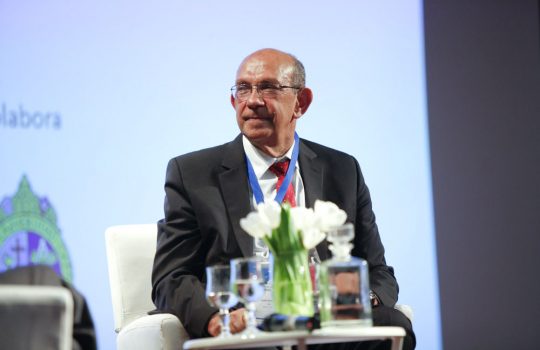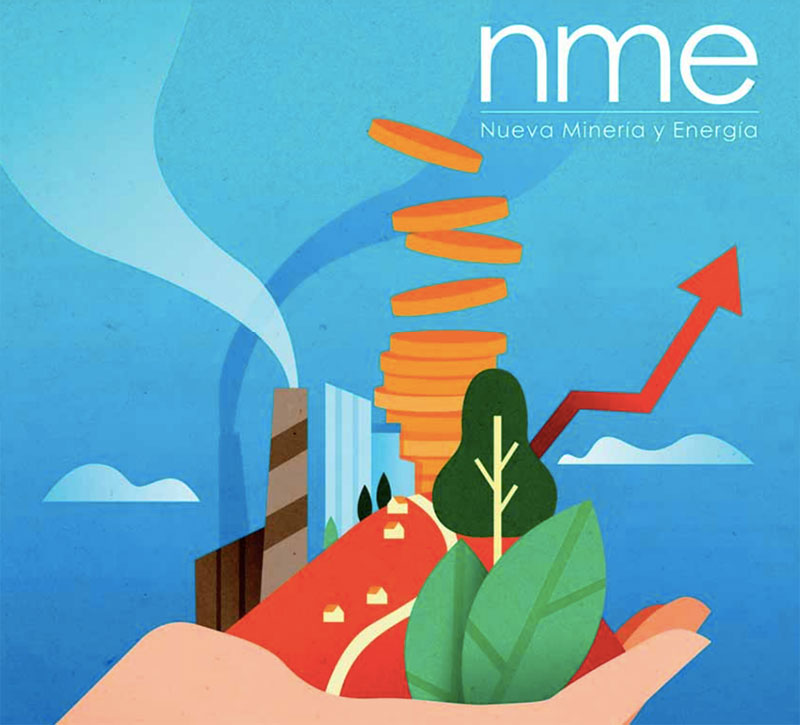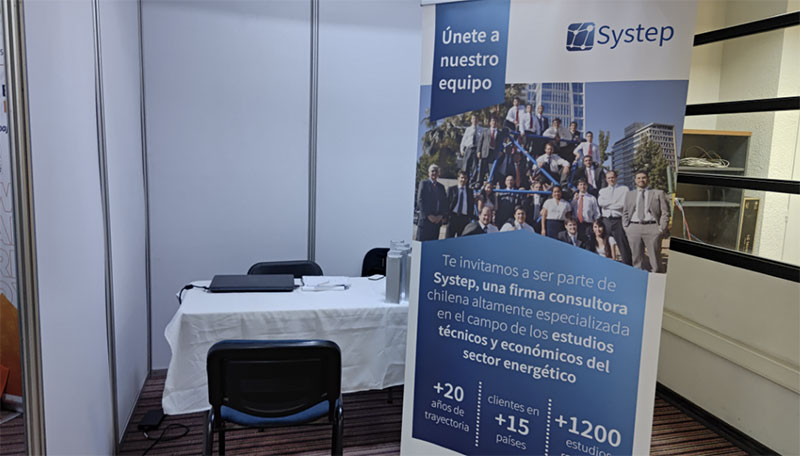
At the seminar “The future of electricity distribution”, PUC professor emeritus Hugh Rudnick said that “new agents and network operators will begin to appear in the distribution system”.
Hugh Rudnick: Distribution reform must redesign pricing tariffs
The director of Systep and academic at the Catholic University, Hugh Rudnick, said that the reform of the distribution segment that the government is promoting with the private sector should “redesign the price tariffs, review the new user profiles and the use they make of the networks”.
The academic participated in the seminar “The future of electric energy distribution”, organized by Empresas Eléctricas A.G. at the main house of the Universidad Católica, where he stated that “new paradigms are being developed where new network architectures are appearing, but above all, new business models. We have to offer new services, new functions and opportunities”.
Regarding the Energy 2050 energy policy, Rudnick added that the goal for the year 2035 is that the average unavailability of electricity supply, without considering force majeure, “should not exceed 4 hours per year in any location in the country. By 2050, it is expected to be no more than 1 hour per year”.
For the professor, the objective of the modifications “is to provide a good service that is viable and sustainable, efficient and of high quality, economical, both for the industry and the population”.
For his part, the executive secretary of the National Energy Commission (CNE), Andrés Romero, proposed “that distribution should not be an obstacle and should facilitate the installation of the intelligent system, where users are empowered and can be producers and consumers”.
Challenges
The second panel dealt with energy and city development, where the president of the National Urban Development Council, Luis Eduardo Bresciani, also spoke about the challenges from the urban point of view for the distribution industry:
–Secure supplyand energy efficiency: these are the forms of supply and the ability to optimize consumption, mainly in companies and households. Especially in the generation of standards. Today the national urban development council is discussing the generation of standards.
-Decentralization ofenergy production and distribution: “We must gradually generate opportunities for decentralizing urban programs, based on renewable energy sources”.
-Decarbonizationof energy and transportation: “It is necessary to mitigate the impacts of climate change generated by CO2 emissions. Priority should be given to public and motorized transport, since the replacement of buildings is much slower”.
–Integrated urban planningfor efficiency and better management: “making plans that integrate urban energy cost assessment, transportation management, better building regulation and financing to improve distribution infrastructure.
–Citizen participationand information: “a more participatory service should be provided to users. There must be an open use of databases to collect, organize and manage information on consumption and compliance with goals”.





